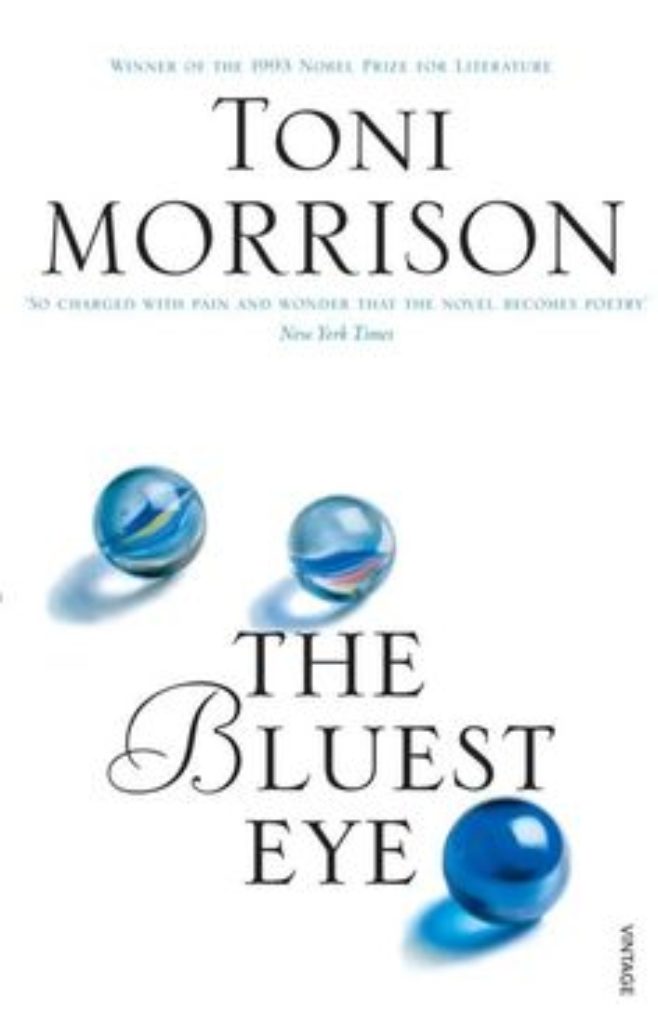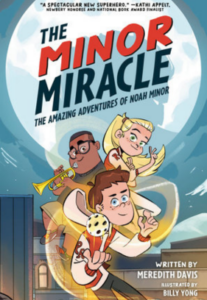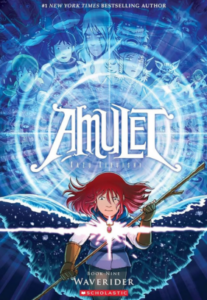In 1941 in Lorain, Ohio, 11-year-old Pecola Breedlove, a black girl, prays to have blue eyes so that she will be beautiful, similar to white children. She is despised as ugly and wonders how she can find someone to love her. Pecola’s mother, Pauline, and father, Cholly, are physically and verbally abusive to each other, Pecola and her older brother, Sammy.
Cholly’s aunt raised him after his mother abandoned him. His first sexual encounter becomes a terrifying experience because two white men discover what he and a girl are doing, and they force the two to continue the sexual act at gunpoint. Instead of hating the men, Cholly directs his hatred toward women. At age 14, he decides to search for his father. His father rejects him, and Cholly begins a descent into a world where only his desires and pleasures hold any interest for him. It’s in this state that he meets and marries Pauline.
Pauline grew up thinking she was ugly. She finds escape from her life by watching white actresses in movies. After their marriage, Pauline depends heavily on Cholly to meet her emotional needs. Not knowing how to meet those demands, Cholly drinks heavily, and Pauline fulfills her desires to be needed — and her secret desire to be white — by working for an affluent white family. She sees her husband and children as burdens.
Pecola is sent to stay with the MacTeer family after her father tries to burn down the family’s home. The MacTeer family has two daughters: Claudia and Frieda. Mr. Henry, the MacTeers’ other houseguest, tries to fondle Frieda, but she escapes and tells her parents, who promptly chase him away.
Pecola, Claudia and Frieda struggle to understand a world dominated by poverty and the issues of class, race, gender and beauty. Claudia hates the white dolls she receives as Christmas gifts and dismembers them. Frieda rescues Pecola from bullies at school. Claudia particularly hates the new white girl in school, Maureen. Maureen pretends to befriend Pecola, but turns on her during a fight, calling her ugly and black. Other children, adults with social status and eventually her own father mercilessly single out Pecola and prey on her weakness and self-loathing.
Child services decides to reunite Pecola with her family. Cholly rapes Pecola when she’s 11-years-old, and she becomes pregnant.
Scorned by the entire town except the MacTeer sisters, Pecola’s desperation brings her to a man named Soaphead Church. He claims he can perform miracles, but he is a fraud and a pedophile. Soaphead pities Pecola when she asks him to turn her eyes blue. He promises Pecola her wish will be granted if something unusual happens to the dog downstairs after she feeds him. He gives her food that has been poisoned, and Pecola watches in horror as the dog dies after eating. She believes her prayers have been answered, and she will finally have blue eyes.
Pecola claims her new blue eyes are the reason no one will look at her, but the real reason is her pregnancy. Claudia and Frieda pray that Pecola’s baby will live. Sammy Breedlove runs away from his dysfunctional family. Cholly is jailed and dies in the workhouse. Pecola and Pauline move into a house of their own. Pecola suffers a mental breakdown from the trauma of the rape, and her baby dies.











